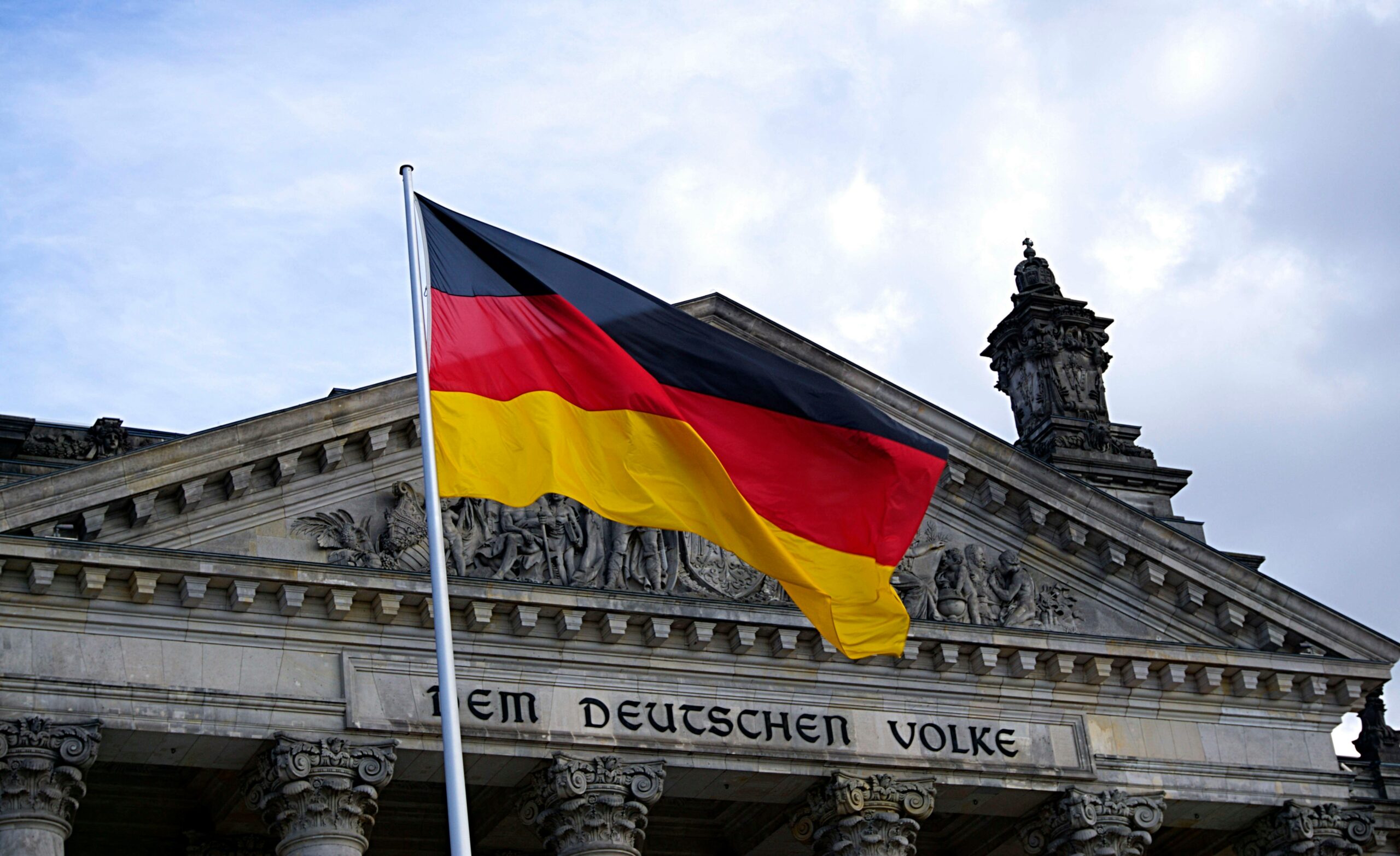AI in Marketing: How Artificial Intelligence is Transforming the Industry
Artificial intelligence (AI) is revolutionizing the marketing landscape by enabling businesses to deliver personalized, efficient, and data-driven campaigns. In 2023, global spending on AI-powered marketing tools surpassed $35 billion, according to Gartner, underscoring the rapid adoption of AI technologies across industries.
In this article, we explore the key applications of AI in marketing, innovative examples, and how businesses can leverage this technology to gain a competitive edge.
The Role of AI in Marketing
AI enables marketers to analyze vast amounts of data, automate repetitive tasks, and enhance customer experiences. Key applications include:
- Customer Personalization: AI-driven algorithms analyze customer data to deliver personalized recommendations, emails, and product suggestions. Platforms like Amazon and Netflix excel in this area.
- Predictive Analytics: By analyzing historical data, AI predicts future customer behavior, enabling businesses to make data-informed decisions and optimize campaigns.
- Chatbots and Virtual Assistants: AI-powered chatbots handle customer queries 24/7, providing instant support and improving customer satisfaction. Brands like H&M and Sephora use chatbots to enhance user experiences.
- Content Creation: Tools like Jasper AI and Copy.ai generate high-quality marketing copy, social media posts, and blog content, reducing time spent on content production.
- Programmatic Advertising: AI automates the buying and placement of ads, ensuring they reach the right audience at the right time. Google’s programmatic advertising platform is a leader in this space.
AI-Powered Marketing Success Stories
Case Study: Coca-Cola
Coca-Cola has embraced AI to improve customer engagement. By analyzing social media data, the brand identifies trends and tailors its campaigns accordingly. Coca-Cola also uses AI to create personalized marketing content, such as custom video ads based on user preferences.
Case Study: BMW
BMW uses AI in its marketing to enhance customer experiences. The brand’s AI-driven chatbot assists users in selecting vehicles, booking test drives, and answering questions, creating a seamless customer journey.
Emerging Trends in AI Marketing
1. Voice Search Optimization
With the growing popularity of voice assistants like Alexa and Google Assistant, optimizing for voice search is critical. Businesses are incorporating natural language processing (NLP) to adapt their SEO strategies to conversational queries.
2. Visual AI Tools
AI-powered tools like Canva and Adobe Sensei enable marketers to create visually appealing content quickly. These tools automate design processes, making high-quality visuals accessible to businesses of all sizes.
3. Emotion AI
Emotion AI analyzes customer sentiment by studying facial expressions, voice tones, and text data. Brands use this technology to tailor messages that resonate emotionally with their audience.
4. Hyper-Personalization
AI takes personalization to the next level by combining customer data with real-time behavioral insights. For instance, Spotify’s “Wrapped” campaign uses AI to generate personalized playlists and shareable insights, creating a buzz on social media.
Challenges of Implementing AI in Marketing
While AI offers numerous benefits, its implementation comes with challenges:
- Data Privacy Concerns: Collecting and using customer data must comply with regulations like GDPR. Transparency is essential to maintain consumer trust.
- Cost of Implementation: AI technologies can be expensive, posing a barrier for small businesses.
- Skill Gap: Organizations need skilled professionals to develop, implement, and manage AI tools effectively.
- Dependence on Quality Data: AI systems rely on accurate and comprehensive data. Incomplete or biased data can lead to ineffective campaigns.
The Future of AI in Marketing
The future of AI in marketing looks promising, with advancements in machine learning, augmented reality, and blockchain integration on the horizon. Key trends to watch include:
- Voice Commerce: AI will enable seamless shopping experiences through voice assistants.
- Predictive Social Media Analytics: AI will forecast trends and help businesses stay ahead in their social media strategies.
- AI-Powered Influencer Marketing: Algorithms will identify and connect brands with the most relevant influencers for their campaigns.
Conclusion
Artificial intelligence is transforming the marketing industry, enabling businesses to deliver highly targeted and efficient campaigns. By leveraging AI technologies like predictive analytics, chatbots, and hyper-personalization, marketers can enhance customer experiences and drive results.
To stay competitive, businesses must invest in AI tools and prioritize ethical data practices. As AI continues to evolve, it will undoubtedly play an even greater role in shaping the future of marketing.
Share this content:














Post Comment